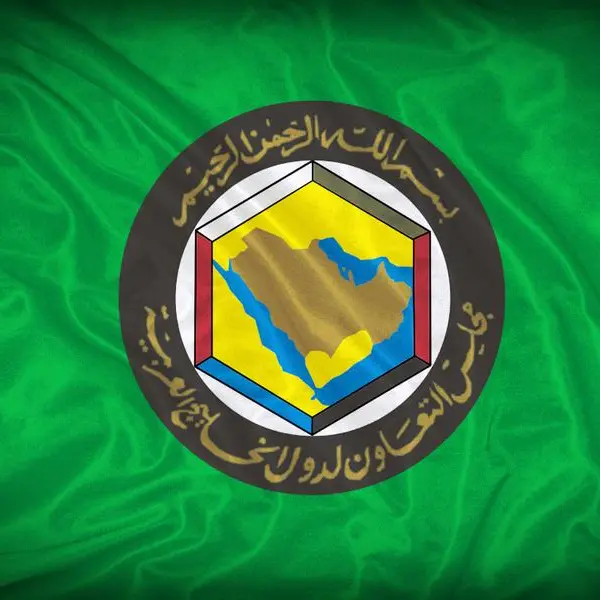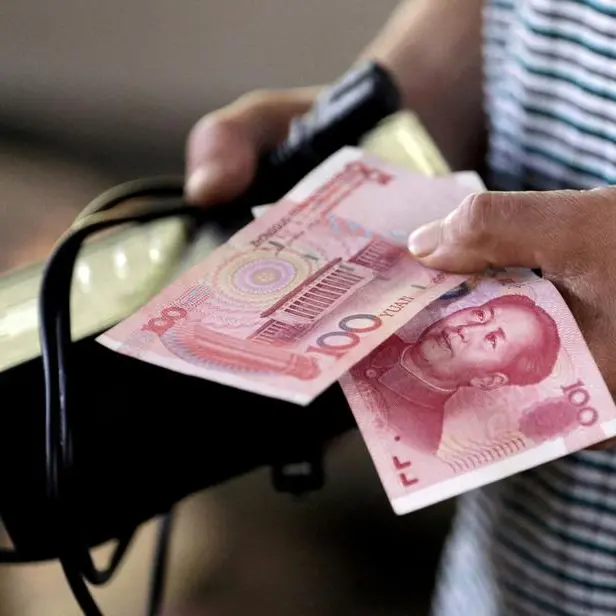MANAMA: Bahrain’s push to improve financial inclusion seems to paying off based on a new report by the Bahrain Fintech Bay.
The Mena Financial Inclusion Report 2020 shows that Bahrain is second among eight Middle East and North African countries with a financial inclusion rate of 39 per cent.
This is due to a sharper focus on financial literacy in the country, specific targeting of underserved groups, microfinancing for small and medium enterprises (SMEs) and the push for digitalisation.
The four factors on which the report is based are: Access to financial accounts (banking), savings, credit and digital payments.
The report found that while 59pc of Bahrain residents have access to financial accounts, only 17pc have access to credit.
Similarly, while a majority (51pc) have access to digital payments, less than a third (31pc) have access to savings.
Physical access to financial services showed a growth in Bahrain with a 26pc increase in branches and 6pc rise in ATMs between 2011 and 2017 despite a reduction in the number of banks.
However, the country is aiming to move towards a cashless economy by encouraging the use of digital channels for executing transactions as reflected in a 74pc increase in points of sale through debit/credit cards and an 87pc increase in payments made through the Internet over the same period.
Smartphones are now increasingly available at a cheaper cost, and technological infrastructure is developing at a rapid pace; further enabling financial inclusion.
In terms of cashless shift, the kingdom is in the process of introducing a wage protection system in the private sector which formalises the distribution of employees’ wages directly into their bank accounts.
The regime is in unison with neighbouring GCC countries to ensure timely payment of wages to employees and track employers who breach their obligations to employees.
This would ensure that each employee in the country has a bank account and makes use of the available financial services.
A positive sign for financial inclusion in Bahrain is the availability of various financial literacy programmes targeting diverse groups on economic education, investment and entrepreneurship.
Additionally, there are numerous training programmes such as those offered by INJAZ Bahrain to young people to support them in learning more about financial planning such as earning, spending, sharing and saving money.
Other private institutions and universities are working on financial literacy through personal finance management courses on how to better manage money.
Additionally, the government supports initiatives providing financial options to micro, small and medium enterprises through organisations like the Bahrain Development Bank and Tamkeen.
Bahrain also encourages ecosystem innovation through the introduction of crowdfunding initiatives to fill the gap in lending and investment opportunities to SMEs and startups for product and solution development.
Looking at the Mena region as a whole, the report highlights various barriers to entry for the underserved segments, while also identifying numerous opportunities for financial inclusion initiatives.
The region’s financial inclusion rate is 20pc, which is also notably less than the global rate.
The Mena also includes 10pc of the top 20 countries with the highest rates of financial exclusion.
The region is heavily influenced by religious beliefs and cultural opinions.
People in general are emotionally attached to their money and due to religious reasons become cautious in the way money is used.
Several unbanked individuals do not include themselves in the financial system due to religious reasons.
The report says people in the region still find it difficult to trust the financial system despite the Islamic banking options, where Bahrain is the leader, or the consumer protection legislations in place.
Three primary pillars – regulation, digitalisation and financial literacy – have been flagged as key drivers within each nation to ensure the growth of financial inclusion and overcome social and technological barriers.
avinash@gdn.com.bh
© Copyright 2019 www.gdnonline.com
Copyright 2020 Al Hilal Publishing and Marketing Group Provided by SyndiGate Media Inc. (Syndigate.info).




















